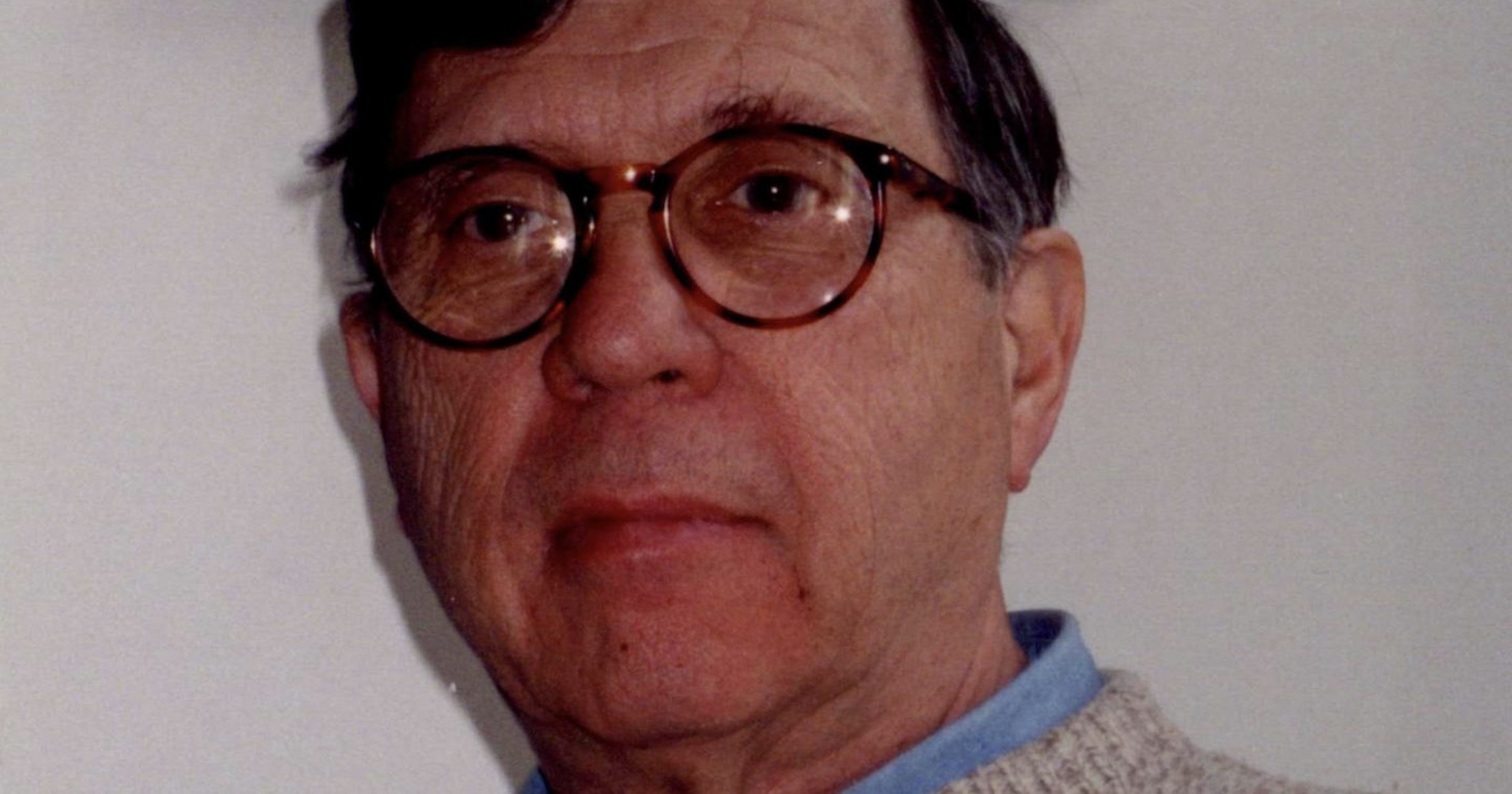 Faith & Science
Faith & Science
Remembering a Biologist’s Remarkable Confession of Faith

My friend and colleague Casey Luskin has penned a poignant essay in memory of Richard Lewontin, a Harvard evolutionary biologist who passed away at 92 recently. Casey is a gentleman and a scholar, and very much disposed to finding the best in people. Indeed it seems there was much that was very good in Lewontin’s persona, and Casey highlighted it beautifully in his encomium.
I am not of the opinion, however, that we should speak only good of the dead. The passing of a public figure is a good time to consider his impact, and Lewontin’s impact on American culture and science is something very much worth considering.
By all accounts, Lewontin was a gentleman and a good friend and affable mentor to this colleagues and students. From what I know of him, I think I would have enjoyed his company and valued his friendship. He was a man of remarkable social and intellectual gifts. But in my view, his exercise of these gifts inflicted incalculable damage on the scientific profession and on our culture.
Atheism in Academic Robes
As an evolutionary biologist, Lewontin rejected the crude elements of “Darwinism.” He did not think that all of the remarkable behavior of life forms, including humans, can be explained as a mechanism that leaves fertile descendants. His intellectual gifts left no room for such simple-minded thinking.
That said, he embraced atheism’s creation myth — that we exist only accidentally and not by design — with passion and spent his life in service to it. His contribution to the idea that there is no special purpose for human existence was to dress up that claim in academic robes. From his perch at Harvard, he trained several generations of evolutionary biologists for the mission field.
Read the rest at Mind Matters News, published by Discovery Institute’s Walter Bradley Center for Natural and Artificial Intelligence.
